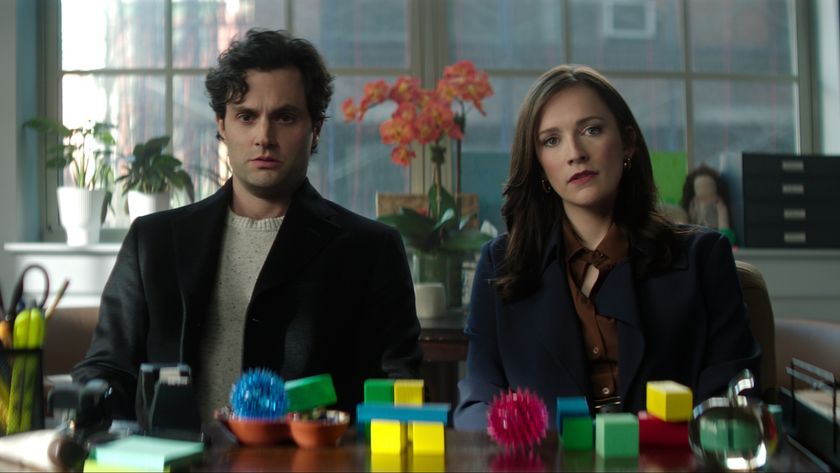I haven't felt this way about a fighting game since I knocked myself out on a Mortal Kombat arcade cabinet at a bowling alley 30 years ago
Opinion | As a reboot, Mortal Kombat 1 will inevitably draw newcomers – but its appeal for me spans decades in more ways than one
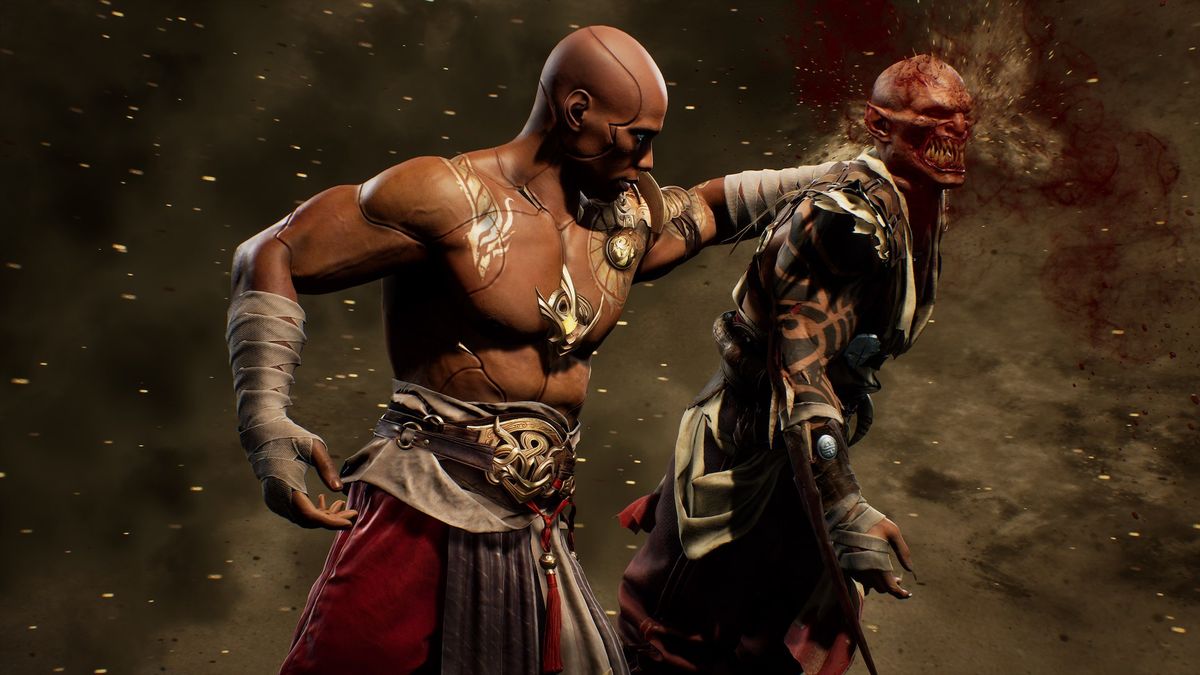
I wish I was kidding. Truly, I wish that I had a less embarrassing reflective anecdote to link Mortal Kombat 1 to the original classic that didn't involve me tumbling from a high stool, rattling my head off the corner of an arcade cabinet, and seeing stars on the sticky carpet of a Hollywood Bowl in the early 1990s. But here we are.
Whether you're well-versed in the history of MK or not, you might already know that Midway Games' 1992 fighting genre pioneer, Mortal Kombat, courted controversy at launch. Its use of realistic digitized visuals – that were so cutting edge to seven-year-old me, that I considered them akin to cinema-quality – and its depictions of extreme violence, gore, and the game's now signature 'Fatality' finishing moves, led scores of media outlets, public figures and politicians to condemn what they viewed as gratuitous, ignominious brutality.
While not without its detractors today, violence in video games is far more accepted – not least as a result of the myriad academic studies that show that, actually, there is zero empirical evidence that proves playing violent games can make us violent in real-life. But while we've become increasingly desensitized to blood and guts spilling from increasingly realistic humanoids on-screen, there's an innate appeal to Netherrealm Studios' latest outing that caught me by surprise. In narrative and thematic terms, Mortal Kombat 1 is a reboot of the esteemed and enduring series – but there's also a very specific brand of nostalgia that sits beneath its shiny new facade and taps into a bygone era.
Sore one
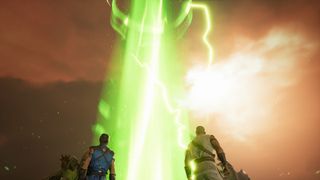
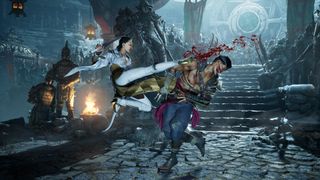
Mortal Kombat 1's Kameo system reinvents the series for a new generation of fighters
Literally knocking yourself out once upon a time is an extreme example in the midst of this, granted, but the original Mortal Kombat was like nothing I'd ever seen before. I'll share the specifics of Young Me vs Arcade Cabinet in a second, but it's worth noting beforehand that while I probably shouldn't have been playing such a violent game at such a young age, mature content was more regularly pitched at and accessed by children in the early '90s. I remember having official tie-in toys from Terminator and Beetlejuice, for example, while video games were more widely considered for kids than adults in the heydays of Mario and Sonic. The likes of Pit Fighter was as close to the realistic graphics boasted by the OG Mortal Kombat that I'd ever clapped eyes on previously, but the jump in visual quality between my dad's Atari ST at home, and the shiny arcade cabinet that Raiden and Johnny Cage danced around was incomparable.
Loaded with my friend's mum's spare change, then, my pal and I became so engrossed with the Earthrealm's martial arts extravaganza, that we threw caution – and, clearly, health and safety measures – to the wind. Truth be told, I don't remember all that much about the incident three decades later, but my mate reckons through some miracle of button-bashing, he enacted a Fatality on me (in the pre-wider commercial internet days, gaining knowledge of how to do such a thing wasn't straightforward), and that sent us totally wild. Perched upon two high stools, we rocked back and forth with excitement, screaming, punching the air, and bouncing off one another like dodgem cars – before gravity got the better of me and I fell forward, hitting my head on the left side of the arcade cabinet on the way down.
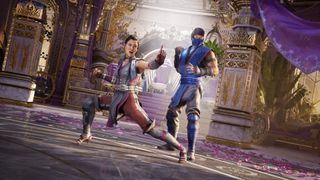
"I regained consciousness on the floor moments later... it was hardly a ringing endorsement for Mortal Kombat against the deluge of public scrutiny at the time, but it's a simple moment that for me captures the feeling and furore of the era."
I regained consciousness on the floor moments later with my mate's mum both panicked and furious with me and her son. It was hardly a ringing endorsement for the folk defending Mortal Kombat against the deluge of public scrutiny at the time, but it's a simple moment that for me captures the feeling and furore of the era and the ensuing discourse that's stuck with me ever since. Fast forward over 30 years and I'm feeling it all over again with Mortal Kombat 1. Despite my love for the original game, no other title in the 11-strong mainline series has gripped me in the same way, but Mortal Kombat 1's impressive deference to new and old is nothing short of masterful.
Our five-star Mortal Kombat 1 review certainly suggests the same. I honestly couldn't say it better than our writer Andi Hamilton himself when he says: "Mortal Kombat 1's rebooted universe is ultimately a nice excuse to bring back the classic martial arts tournament setting, and throw some beloved characters into the mix – regardless of whether or not they'd been killed off, or had suffered an otherwise bizarre fate in previous titles. In the 10 or so hours it'll take you to play through the Mortal Kombat 1 story there's plenty of twists and turns that impact the sanctity of Liu Kang's 'peaceful' version of the Mortal Kombat universe; it's daft, violent, and full of brilliant little nods and winks for the hardcore MK fan to spot."
Sign up to the 12DOVE Newsletter
Weekly digests, tales from the communities you love, and more
It's the latter that's properly captured my heart here, but it's also Mortal Kombat 1's gorgeous visuals and stomach-turning Fatalities that have transported me back in time. This is an entirely new Mortal Kombat venture – new story, costumes, movesets, mechanics and all – but it's the first MK game that's felt truly inspired by the past and not necessarily driven by it.
Despite it now being a ubiquitous household name, it's easy to forget just how much of a trailblazer Mortal Kombat was in the early '90s, and it's only by virtue of hindsight, and, of course, an accomplished reboot in Mortal Kombat 1, that we're able to appreciate its abiding appeal. It's why we become so enthused when a game gets that balance of past and present so right, and why we remember the first time we played these games as clear as day years later. Well, it's why you remember. I, on the other hand, was concussed in the Glasgow Finnieston branch of Hollywood Bowl.
Here are the best fighting games to kick ass with right now

Joe Donnelly is a sports editor from Glasgow and former features editor at 12DOVE. A mental health advocate, Joe has written about video games and mental health for The Guardian, New Statesman, VICE, PC Gamer and many more, and believes the interactive nature of video games makes them uniquely placed to educate and inform. His book Checkpoint considers the complex intersections of video games and mental health, and was shortlisted for Scotland's National Book of the Year for non-fiction in 2021. As familiar with the streets of Los Santos as he is the west of Scotland, Joe can often be found living his best and worst lives in GTA Online and its PC role-playing scene.
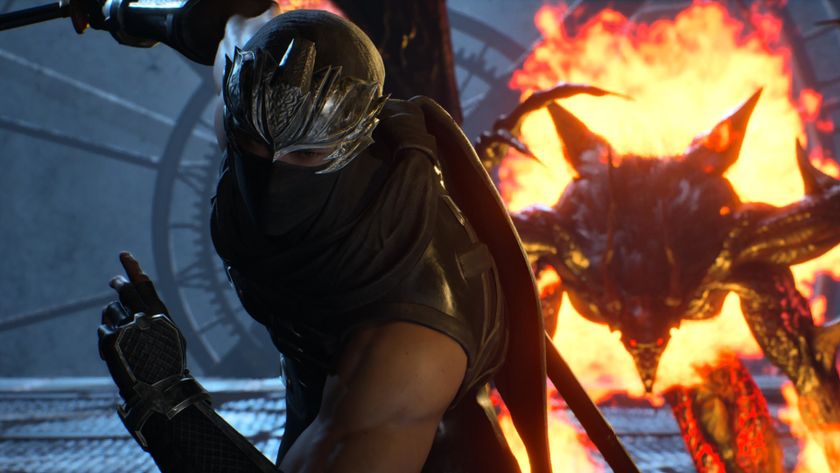
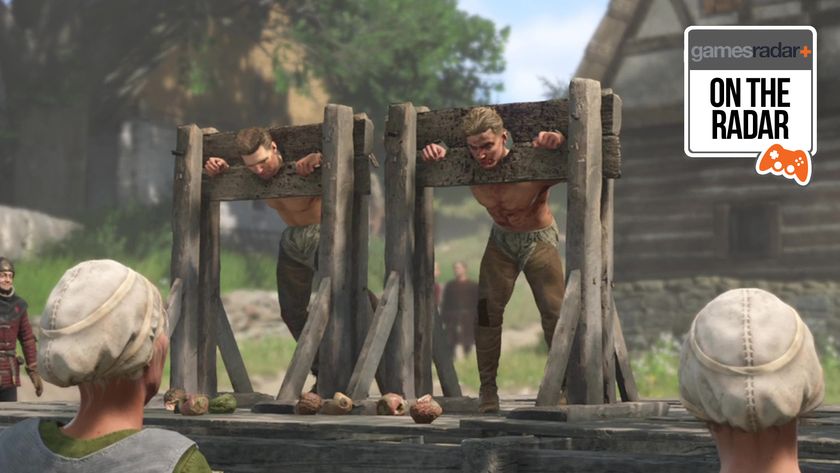
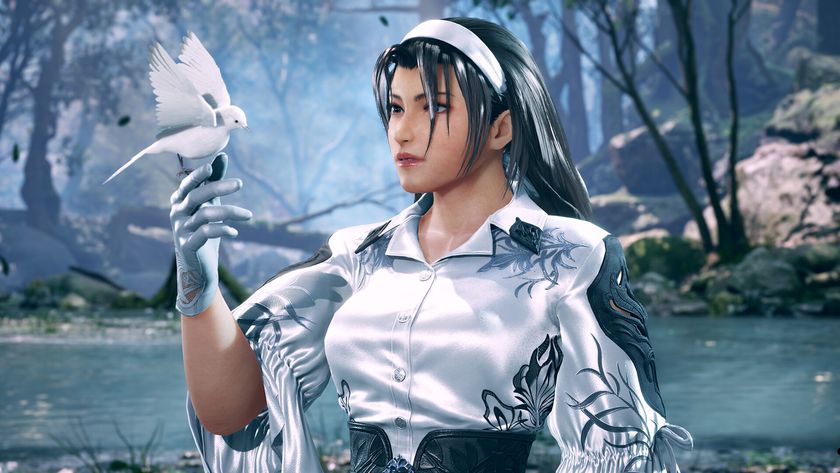
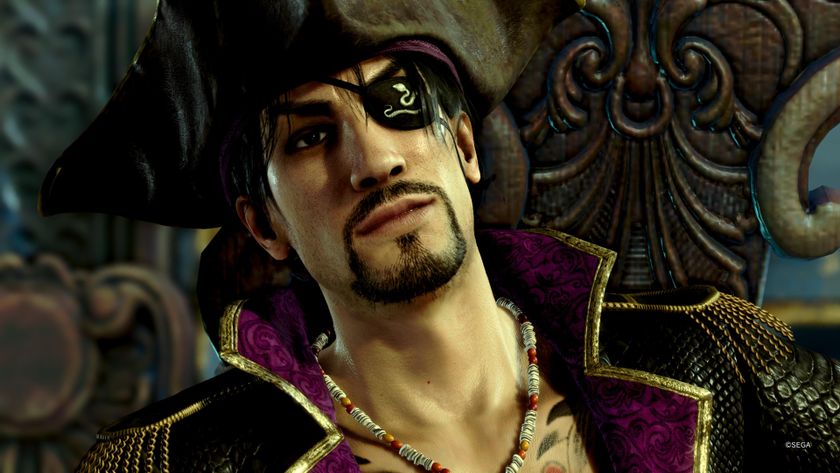
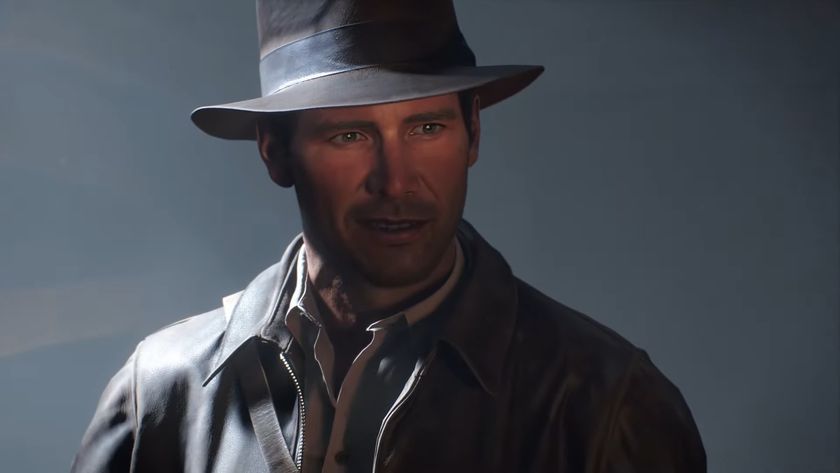
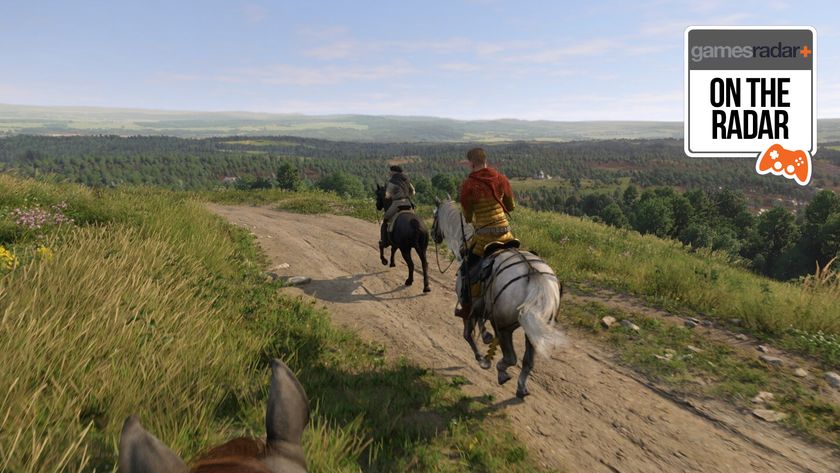
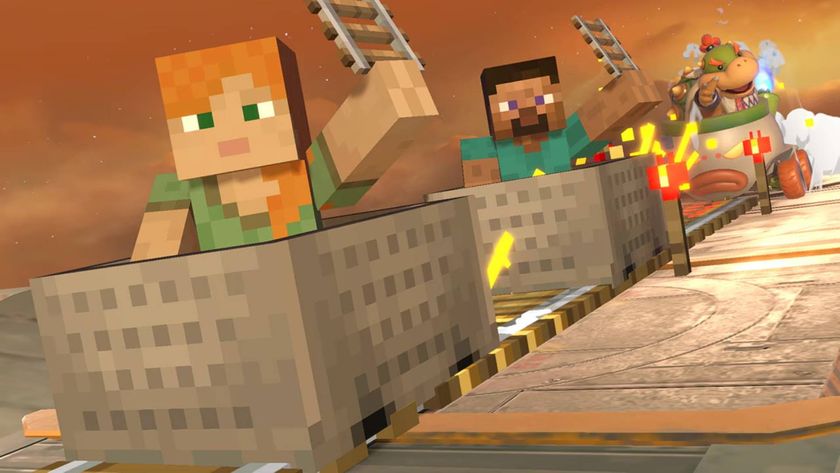
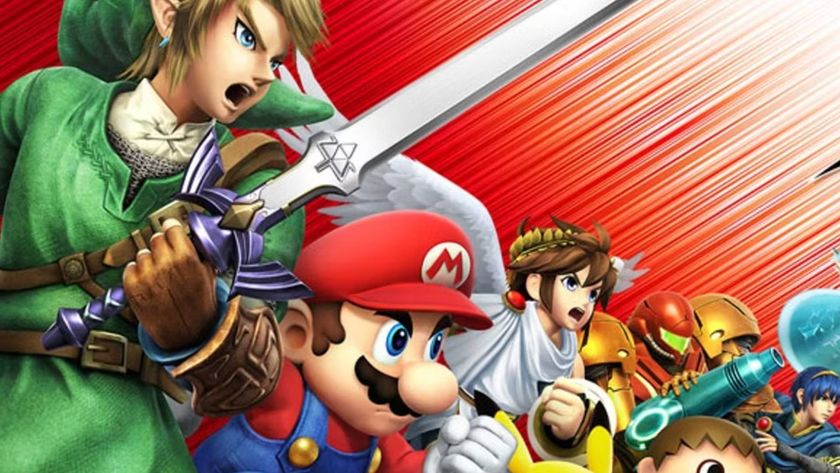
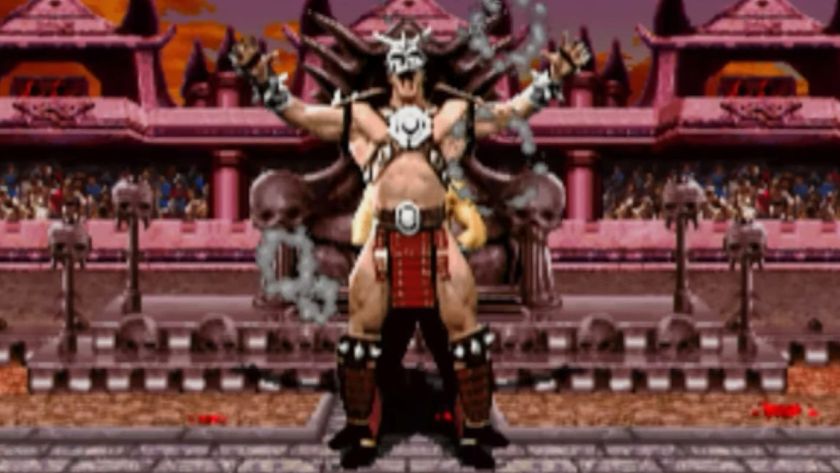
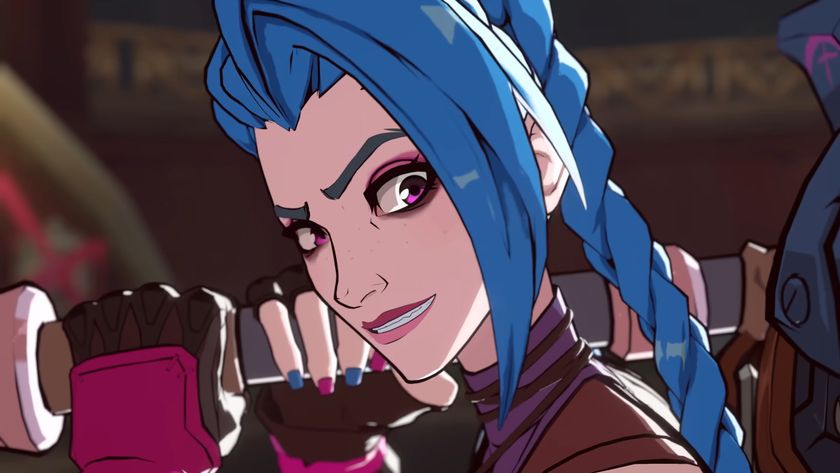
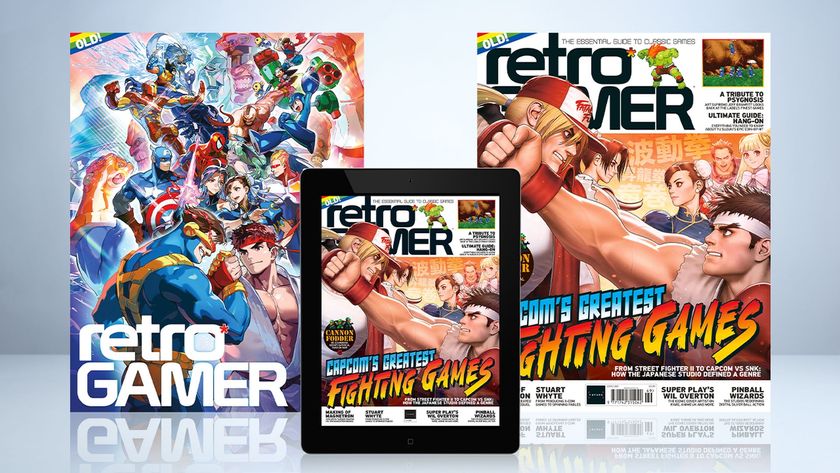
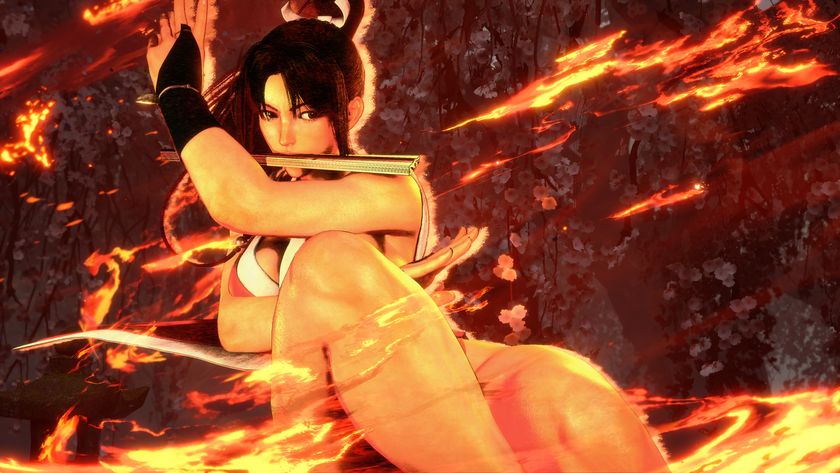





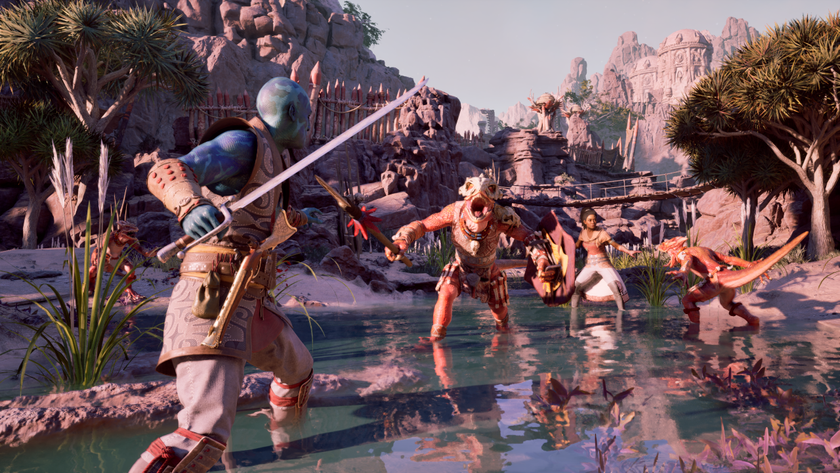

Super Smash Bros. Ultimate villain Minecraft Steve is the star of the "best Smash clip of all time," as genius player makes a literal Trojan Horse to destroy an unsuspecting opponent

Masahiro Sakurai says Super Smash Bros "might have died out" if not for late Nintendo president Satoru Iwata: "There's no doubt that he influenced me in many ways"
